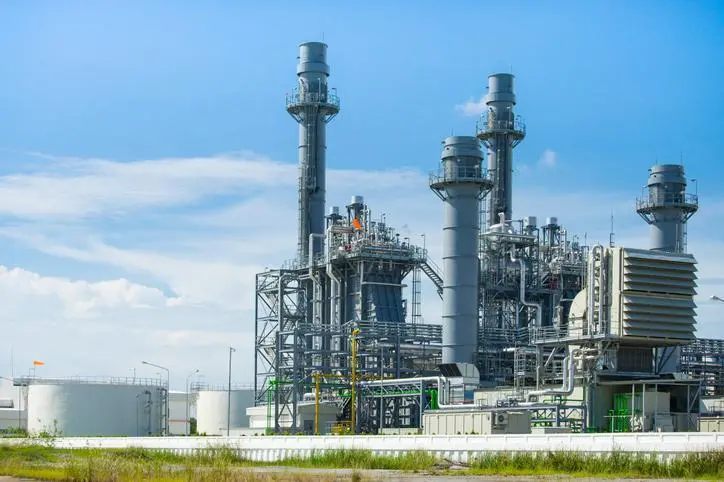PHOTO
Oil prices fell 3 per cent through last week after rising 1 per cent on Friday, as investors weighed a robust US jobs report against the Federal Reserve’s continued hawkish stance of further interest rate hikes to tame inflation.
A cloudy global growth outlook due to the possibility of further rate hikes are keeping pressure on global crude prices. On the other hand, the Russia-Ukraine conflict has resulted in offsetting this pressure to an extent.
The conflict has driven European countries to seek alternatives that would help them reduce their dependence on Russian gas.
Ritu Singh, Regional Director of Stone X Group, said: “In light of the escalating tension between Russia and western Europe, many countries of the old continent can no longer rely on Russia to fulfill their oil and gas needs, and have been striving to find new energy sources. This is where it becomes interesting for oil-producing companies in the Middle East and GCC region, as they’re poised to play an increasingly important role in the global energy landscape for three main reasons, namely: their diplomacy, increasing capacity building and support of sustainability.”
According to Singh, three factors are key to the Middle East’s rising role.
First, the Abraham Accords between Israel and some Middle Eastern countries, inlcuding the UAE, have paved the way for new cooperation and energy production opportunities, further solidifying the region’s position in the global energy market.
Secondly, regional oil and gas companies are developing their skill sets in areas of the industry beyond just production. Recently, Aramco of Saudi Arabia and Adnoc of Abu Dhabi launched their energy trading divisions in order to enhance their profitability by engaging in hedging against price fluctuations.
Finally, the global energy transition towards cleaner and more sustainable sources of energy requires significant investment, and the GCC wealth funds and companies are well-positioned to finance this shift, turning them into major stakeholders of any upcoming technologies that will be required to sustain the energy transition.
Singh notes: “As the world moves towards a cleaner and more sustainable future, the energy supply map keeps changing, steering away from Russia and closer to countries that are fostering a climate of cooperation and peaceful coexistence in the region. This can only mean that the Middle East and GCC region’s role in the oil industry and trade will continue to grow in the coming years.”
Copyright © 2022 Khaleej Times. All Rights Reserved. Provided by SyndiGate Media Inc. (Syndigate.info).



















